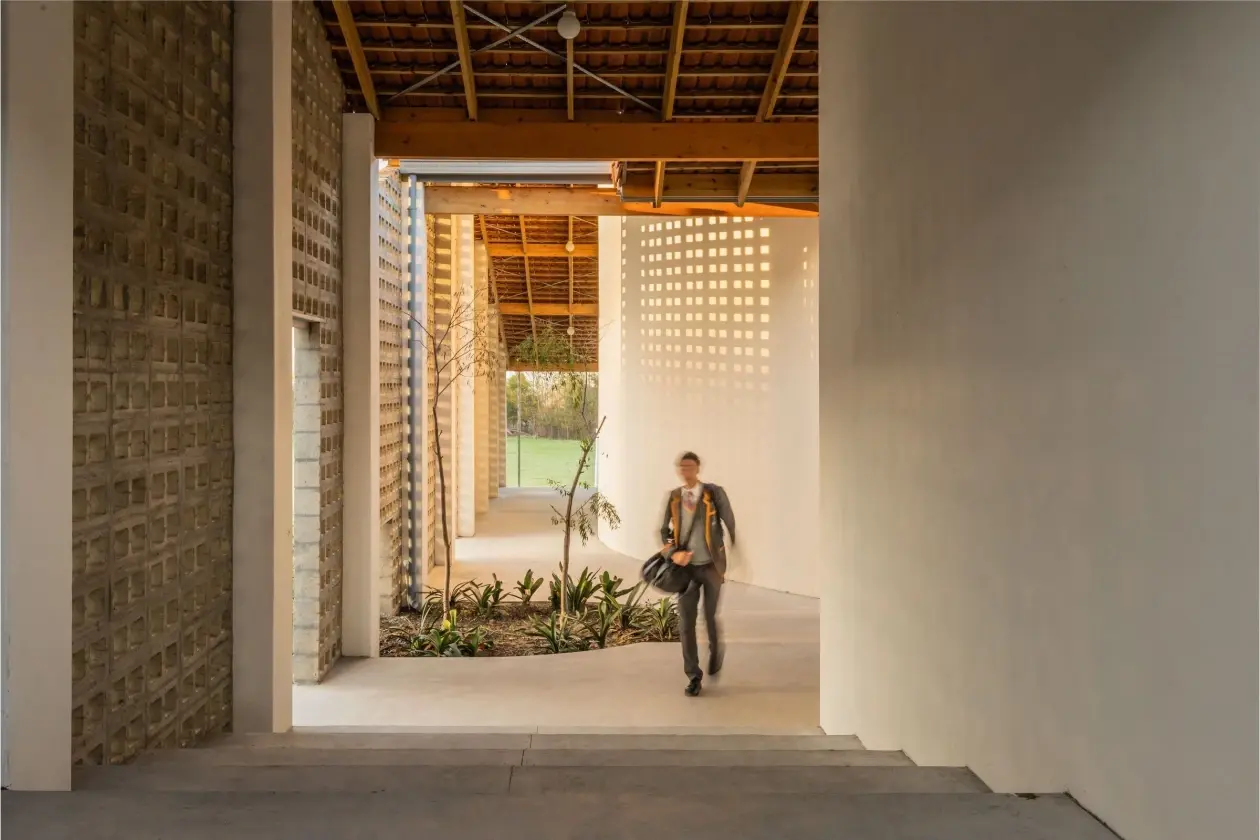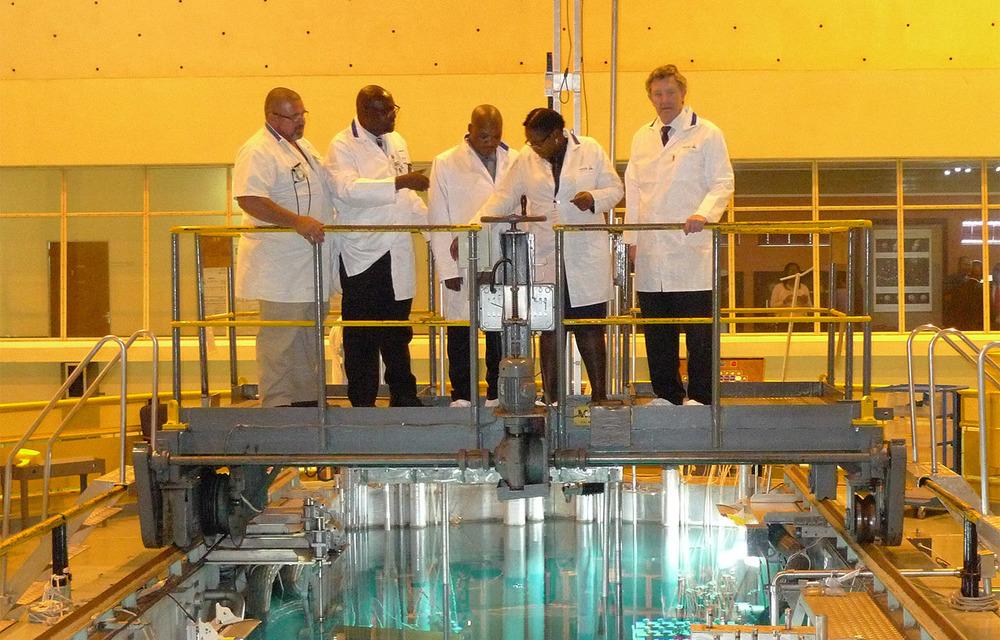Explore Our Bill Payment Services:

- Salary And Allowance
- Engineers Salary
- South Africa
Salary And Allowance Structure Of Architectural Engineering In South Africa
Architectural engineering is one of the most fascinating professions in the built environment. It stands at the intersection of creativity and technical expertise, blending the vision of an architect with the precision of an engineer. While architects often focus on aesthetics, and engineers concentrate on functionality, architectural engineers bring both together—ensuring buildings are beautiful, structurally sound, and sustainable.
In South Africa, this profession is growing in significance, especially with the country’s push for modern infrastructure, sustainable housing, and energy-efficient designs. Alongside this rise in demand, many aspiring professionals want to understand how rewarding a career in architectural engineering can be, both in terms of salary and allowances.
This guide takes you through the compensation structure for architectural engineers in South Africa, looking at factors like experience, education, specialization, location, and benefits.
Salary Ranges Across Experience Levels
Like most professions, pay in architectural engineering depends heavily on experience. Fresh graduates typically start with entry-level salaries, while senior engineers and directors earn significantly higher figures. Here’s a breakdown:
Entry-Level (0–2 years)
New graduates with little to no industry experience can expect annual salaries ranging between R180,000 and R350,000. This works out to around R15,000–R29,000 per month. The starting pay can feel modest, but it increases steadily as professionals gain more exposure and technical mastery. Some universities report an average starting monthly salary of about R23,500 for graduates.
Intermediate Level (3–7 years)
By the time an architectural engineer has gained several years of practical experience, salaries increase to around R400,000–R650,000 per year, or approximately R33,000–R54,000 per month. At this point, many engineers are handling more responsibilities, such as managing small projects, supervising junior staff, and contributing meaningfully to large-scale designs.
Mid-Level to Senior (5–10 years)
Mid-career professionals with five to ten years of experience usually earn between R600,000 and R800,000 annually. This equates to about R50,000–R66,000 monthly. These professionals often lead project teams, oversee client communications, and may be involved in high-value contracts.
Senior Level (8+ years)
Experienced professionals who have spent more than eight years in the field command salaries ranging from R700,000 to R1,200,000 per year. On a monthly basis, this is about R58,000–R100,000. Senior architects and engineers are often the backbone of firms, bringing in clients, spearheading innovative designs, and leading major construction projects.
Directors and Principal Roles
At the very top of the ladder, directors, firm partners, or principal architectural engineers can earn well over R1 million annually. In many cases, their compensation is tied to the success of the firm, the number of projects completed, and business profitability.
This career growth demonstrates the long-term earning potential of architectural engineering. While the entry salaries may not look spectacular, the trajectory is rewarding.
The Impact of Education and Specialization
In architectural engineering, your level of education matters a great deal.
-
Bachelor’s degree holders often begin with salaries closer to the lower end of the scale.
-
Master’s degree holders earn significantly more—some reports suggest monthly salaries of around R47,000, compared to R29,300 for those with just a bachelor’s.
Specialization also boosts earning power. Engineers who focus on niche areas such as sustainable architecture, urban planning, or heritage conservation tend to be more sought after, as these skills are both scarce and increasingly vital in today’s market.
Those who pursue professional certification or registration with the South African Council for the Architectural Profession (SACAP) also enjoy greater career mobility and higher salaries.
Geographic Differences in Pay
Location plays a significant role in determining how much an architectural engineer earns.
-
In major cities like Johannesburg, Pretoria, and Cape Town, professionals enjoy higher salaries due to the large number of construction projects and higher cost of living.
-
Specific high-paying areas include Erasmuskloof in Gauteng, where professionals may earn about R77,000 per month, and Centurion, where monthly salaries average around R70,000.
-
Johannesburg North and Pretoria also offer strong salaries, ranging between R58,000 and R59,000 per month.
On the other hand, smaller towns and rural areas tend to pay less. However, the cost of living is much lower in these places, so professionals may still enjoy a comfortable lifestyle.
Bonuses, Increments, and Pay Equity
Salaries in this field don’t stop at monthly pay—bonuses and increments also play an important role.
-
Performance Bonuses: Around 80% of professionals in architecture-related fields receive performance bonuses. These typically range from 5% to 9% of annual salary and depend on project success and individual contribution.
-
Salary Increments: On average, architectural engineers see a pay rise of about 7% each year, or around 11% every 19 months.
-
Gender Pay Gap: Unfortunately, the field still experiences some inequality. Male professionals earn about 8% more than their female counterparts, with average annual earnings of around R500,000 for men compared to R464,000 for women.
Allowances and Fringe Benefits
Beyond basic salary, architectural engineers often enjoy a variety of allowances and benefits that make the profession more attractive:
-
Medical aid and health insurance, ensuring long-term wellness.
-
Retirement contributions, which help professionals build financial security for the future.
-
Transport or travel allowances, especially for those required to move between construction sites.
-
Professional development support, including workshops, seminars, and certifications.
-
Bonuses tied to project milestones or firm profitability, which can add significantly to annual income.
Some firms also offer housing allowances, flexible work arrangements, and company cars for senior staff.
Career Path and Progression
The career path of an architectural engineer typically follows a structured ladder:
-
Graduate Engineer/Architect (R15,000–R30,000/month) – Entry-level positions focus on assisting senior staff, learning design software, and supporting small projects.
-
Intermediate Engineer/Project Lead (R30,000–R50,000/month) – Mid-level professionals manage small teams, coordinate with contractors, and lead aspects of bigger projects.
-
Senior Engineer/Project Manager (R50,000–R100,000/month) – Senior staff handle client-facing roles, lead multiple projects, and manage budgets.
-
Director/Principal Engineer (R1 million+ annually) – Leaders of firms or departments, responsible for strategy, business development, and high-level project delivery.
Progression is influenced by years of experience, level of education, professional registration, and area of specialization.
Market Trends and Future Outlook
The future of architectural engineering in South Africa looks bright, with several trends shaping salaries and job opportunities:
-
Sustainable and Green Design: With the global push toward eco-friendly solutions, professionals with expertise in sustainable design and energy-efficient buildings are in high demand.
-
Urban Development: South Africa’s growing population and urbanization mean more need for affordable housing, transportation hubs, and public infrastructure.
-
Technology Integration: Proficiency in Building Information Modeling (BIM) and other design technologies makes engineers more valuable, boosting earning potential.
-
Professional Accreditation: SACAP registration and advanced certifications continue to be key differentiators for higher-paying roles.
Final Thoughts
Architectural engineering in South Africa is a career that combines creativity, science, and leadership. While entry-level salaries may not seem overwhelmingly high, the long-term earning potential is excellent. From starting salaries of around R180,000 annually to senior roles earning over R1 million, the field offers strong rewards for those who invest in education, gain experience, and specialize in high-demand areas.
Beyond the paycheck, professionals also benefit from a variety of allowances, bonuses, and career development opportunities that make the journey worthwhile. And with trends like sustainability and technology reshaping the industry, the future looks promising for architectural engineers across the country









